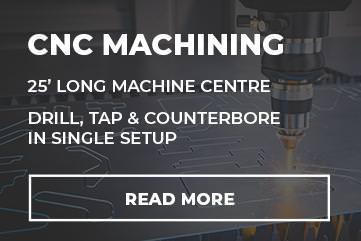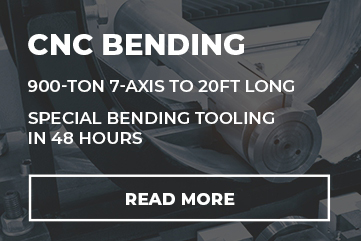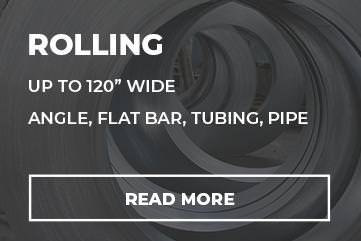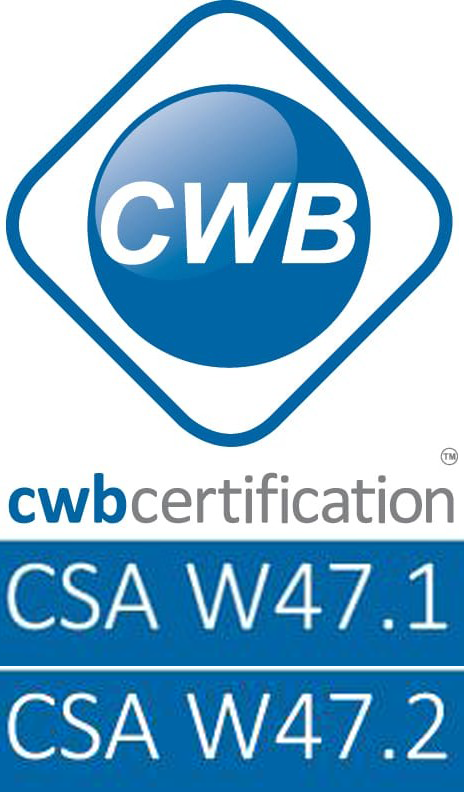News
Sheet Metal – The Basic Guide
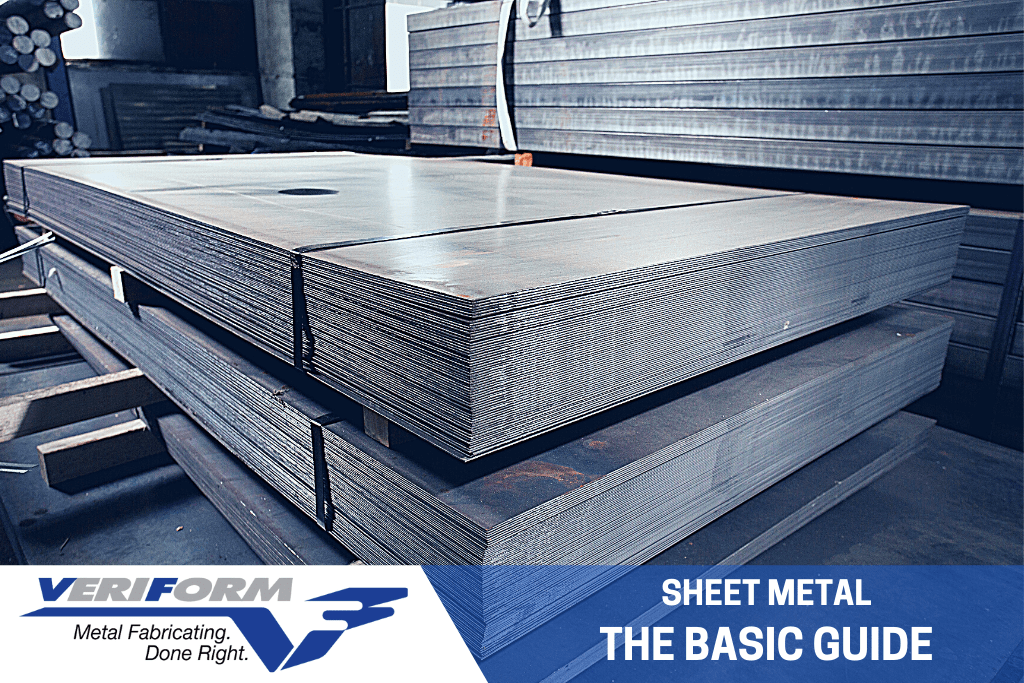
Sheet metal is essentially any type of metal that’s been forged into flat pieces of various thicknesses. It can be cut into different sizes and shapes and is used to create and complete a variety of metal fabrication projects. Today, it is among the most adaptable building materials. It is used everywhere from machinery and vehicles to house furniture and facades. Read on to learn more about the different types of sheet metal and how you can choose the most suitable option for your next project.
The Importance of Sheet Metal & The Different Uses
Sheet metal provides you with many advantages compared to other fabrication materials. Besides its use in construction, you can use it for DIY or home improvement projects as well. However, different metals have different properties and characteristics along with different melting points. So, selecting the right material is important to ensure your project succeeds.
People use sheet metal because of its remarkable characteristics. For instance, it is very affordable and easy to use. Also, it is flexible which gives you more options when it comes to certain processes like bending. The options surface when creating complex and simple designs.
You can purchase specific sizes and shapes which does result in relatively low waste. In addition, the technological advances in modern fabrication make the designing process much easier than it used to be. A good example is the use of computer-aided design (CAD) programs which allows you to create the design on the same material you wish to fabricate.
Different Types of Sheet Metal
Sheet metal is made from different types of metals for different applications. As it was mentioned before, different metals have different properties which could drastically affect your needs. If you choose a metal with a high melting point like copper, you know you won’t have to worry about it melting when there’s heat involved during processes like welding. The same can’t be said for metals with low melting points.
Will your metal structure be subjected to external environmental factors? Will it rust or corrode over time? Consider these factors when you’re choosing the type of sheet metal you’ll need. Here is a look at the three common types.
Stainless Steel
Stainless steel is a popular metal to use because of its anti-corrosive properties. It contains at least 10.5% chromium which makes it resist corrosion. Besides, stainless steel is durable, easy to fabricate, and delivers a sleek appearance.
Among the various stainless steel grades, 304 is most often used for homes. Grade 316 is used in marine applications and is obviously more expensive than grade 304. The most common uses for stainless steel are during construction, transportation and foodservice applications.
Aluminum
Aluminum can also resist corrosion when it interacts with various non-acidic liquids. Also, it is a very light metal; making it the preferred choice for making cans, aluminum foil, window frames, kitchen utensils, and beer kegs. What’s more, aluminum is easy to recycle.
Grade 5052 is one of the stronger aluminum alloys that are corrosion-resistant, weldable, and formable. Another aluminum grade is grade 6061, a solid structural alloy often used in high-strength parts such as marine and truck frames or extrusions.
Carbon Steel
Often known as industrial steel, this steel alloy combines iron and carbon. The commonly used form of carbon steel is low-carbon steel. It contains less than 0.25wt% of carbon content. Compared to high-carbon steel and medium-carbon steel, low-carbon steel is relatively soft. Which means it’s easily malleable. However, it is more ductile which makes it perfect for low-cost welding and machining.
Although these three tend to be the most common types of metal, there are other types as well depending on the application. Other types of metal include:
- Brass
- Copper
- Tin
- Nickle
- Titanium
Metal Fabrication Services That Requires Sheet Metal
Practically all metal fabrication processes require the use of sheet metal. However, certain services seem to use it more than other processes. Here are metal fabrication services that require the use of sheet metal the most.
- Welding
- Bending
- Spinning
- Shearing
- Stretching
- Flanging
- Punching
Metal Fabrication Services — VeriForm
If you need professional help fabricating metal parts, then check out VeriForm today. VeriForm is a Net-Zero North American metal fabrication company that offers many services. Their team of experts and engineers has been completing metal fabrications for over the past two decades. They have state-of-the-art tools and equipment that allow them to professionally perform many capabilities on a variety of materials. Their highly-skilled fabrication team makes sure your parts are done right the first time. Regardless of how complex your parts are, the high-precision equipment ensures your parts are flawless. Do not hesitate to contact VeriForm for aluminum fabrication, carbon steel fabrication, stainless steel fabrication needs and more.


